Digital Humanities Summer Fellowships
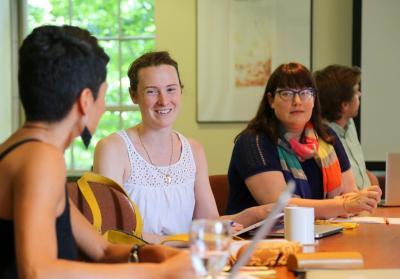
The Simpson Center offers annual summer fellowships for faculty and graduate students to pursue research projects that use digital technologies in innovative and intensive ways and/or explore the historical, social, aesthetic, and cross-cultural implications of digital cultures. The program has three primary goals:
- To animate knowledge—using rich media, dynamic databases, and visualization tools
- To circulate knowledge—among diverse publics
- To understand digital culture—historically, theoretically, aesthetically, and generatively
The Simpson Center gratefully acknowledges the support of a National Endowment for the Humanities Challenge Grant and the Andrew W. Mellon Foundation as well as many donors to the endowment which is underwriting these fellowships.
2025 - 2026 Digital Humanities Summer Fellows




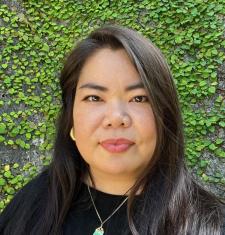
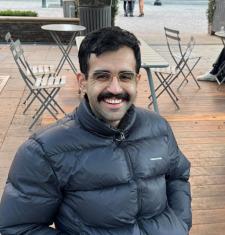

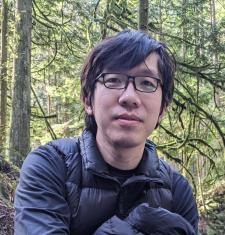
2015 - 2016 Digital Humanities Summer Fellow
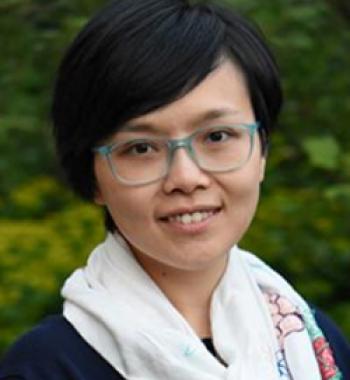
Shuxuan Zhou (she/her/hers)
Inter-Mapping China’s Labor Migration and Labor Movement: Gendered Labor, Resistance, and Narrative of Forestry Workers, 1950s-2010s
This project maps labor migration and labor resistance in the history of People’s Republic of China (1949-present), with gender and industry as key factors. I propose to use digital mapping tools to relationally present labor migration, workers’ collective activities, and forestry development over the last 60 plus years. Putting these independently studied fields together via digital tools, I expect to present their interrelations as a critical engagement with current scholarship and digital mapping projects that represent selective data collected without consideration of these factors.